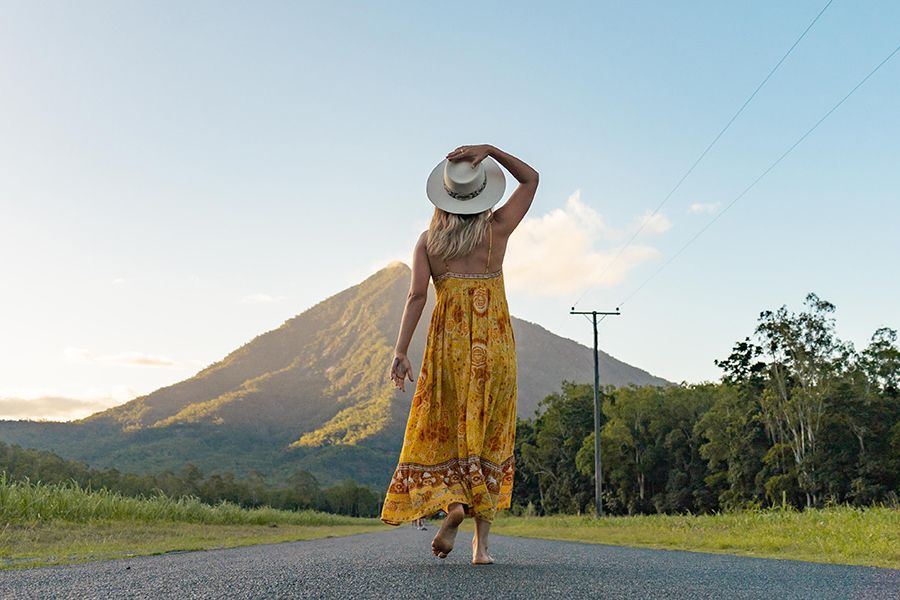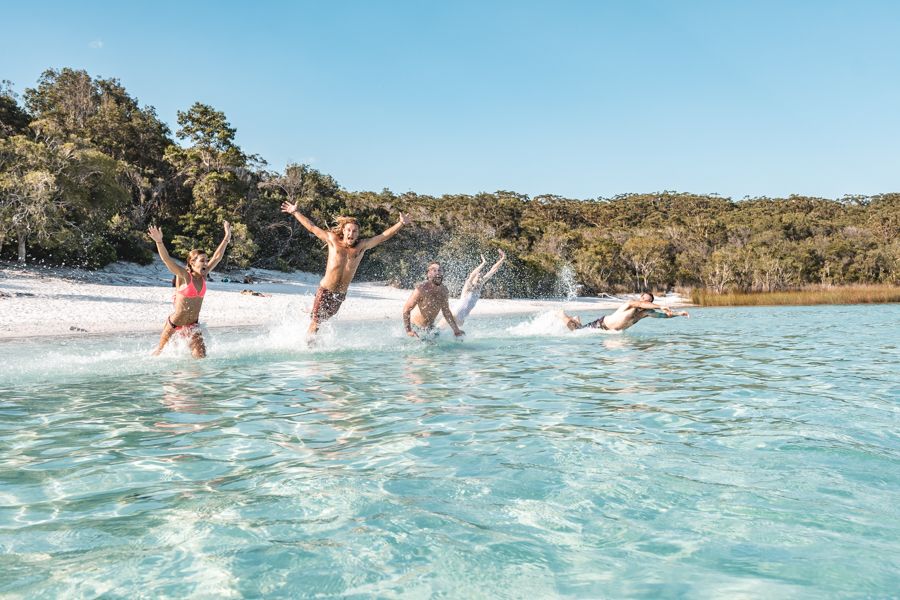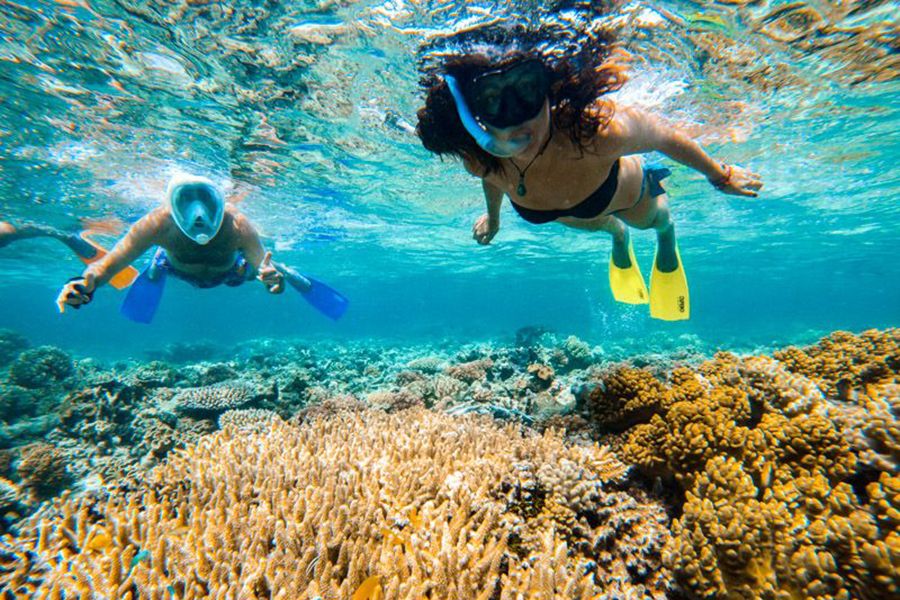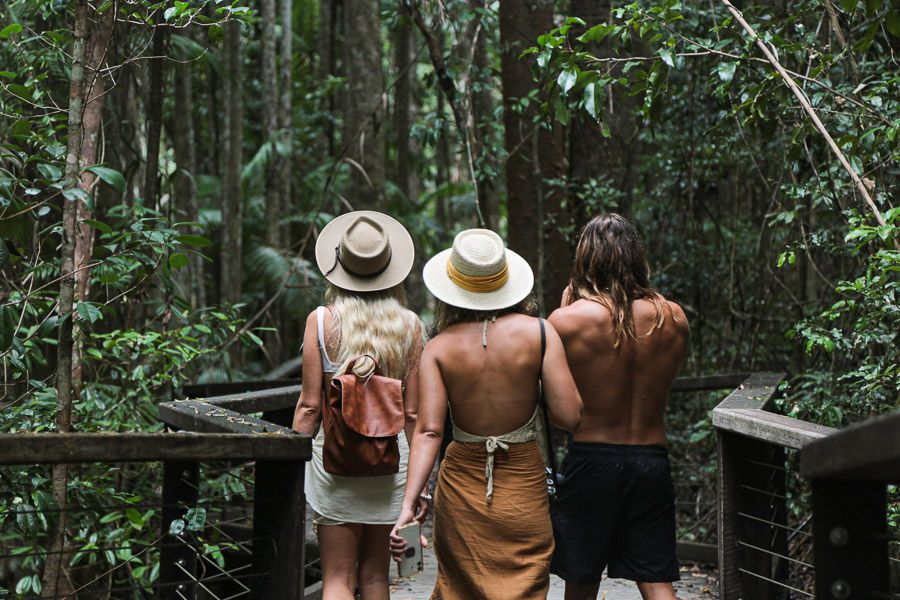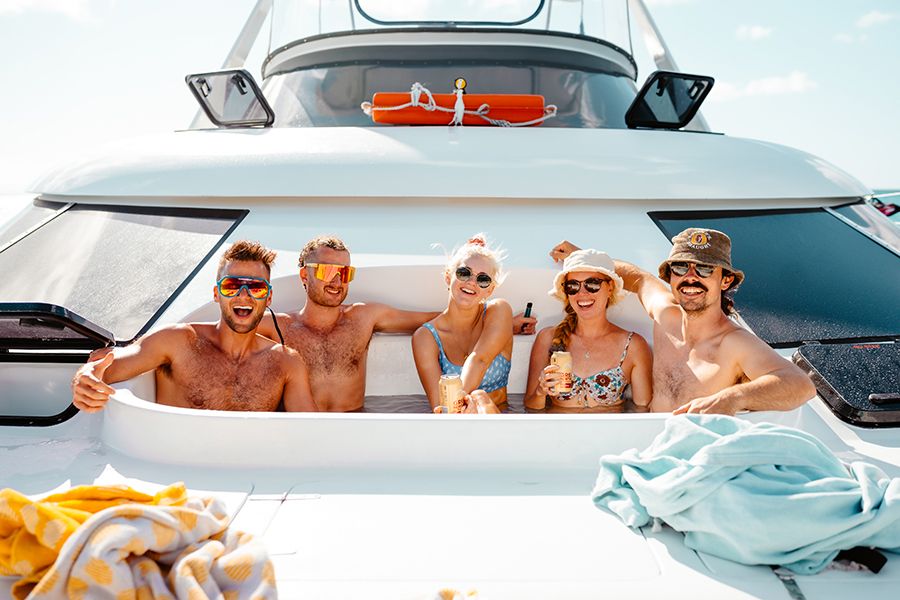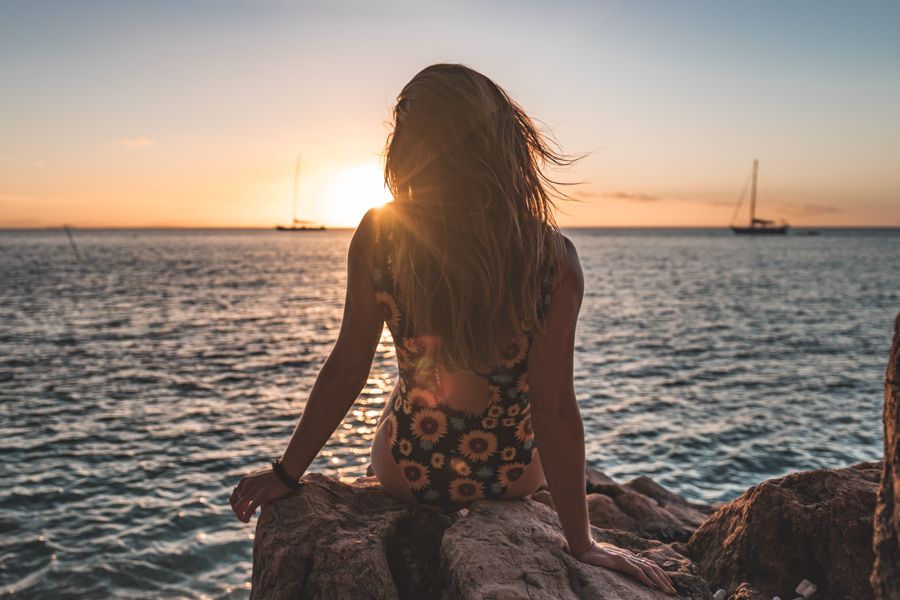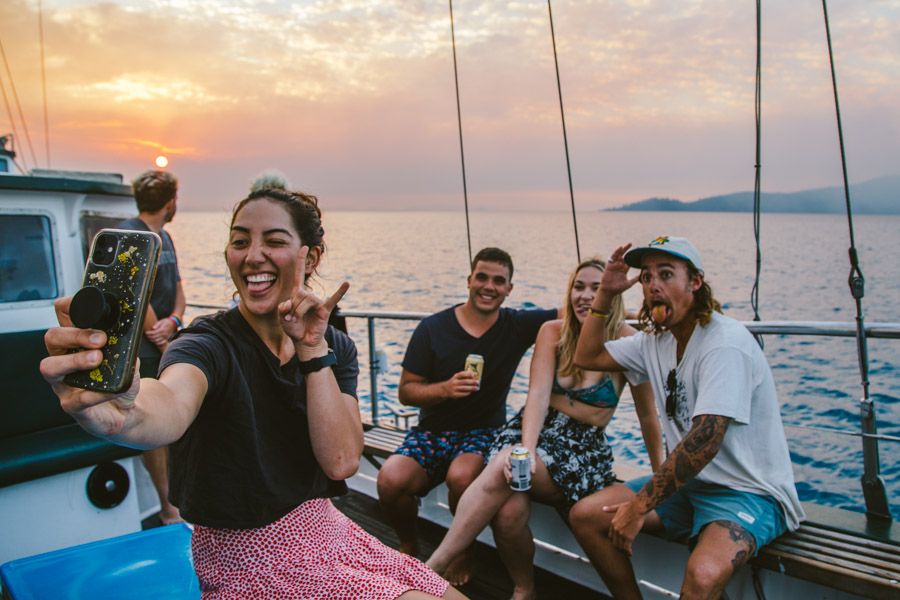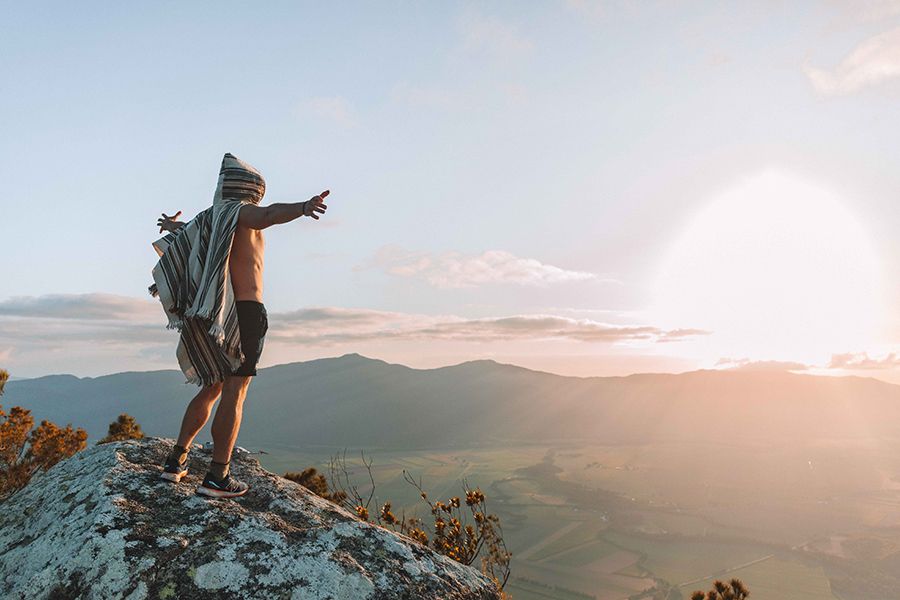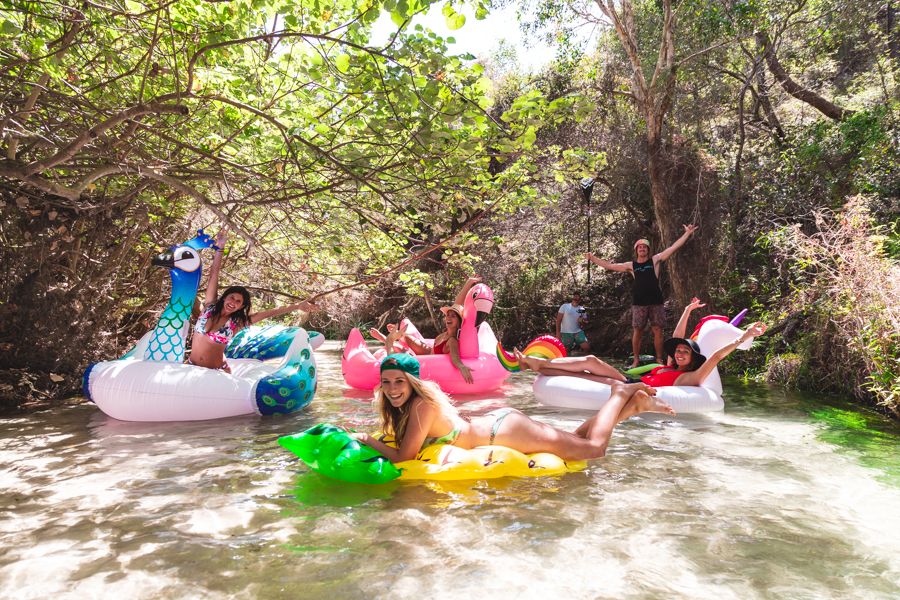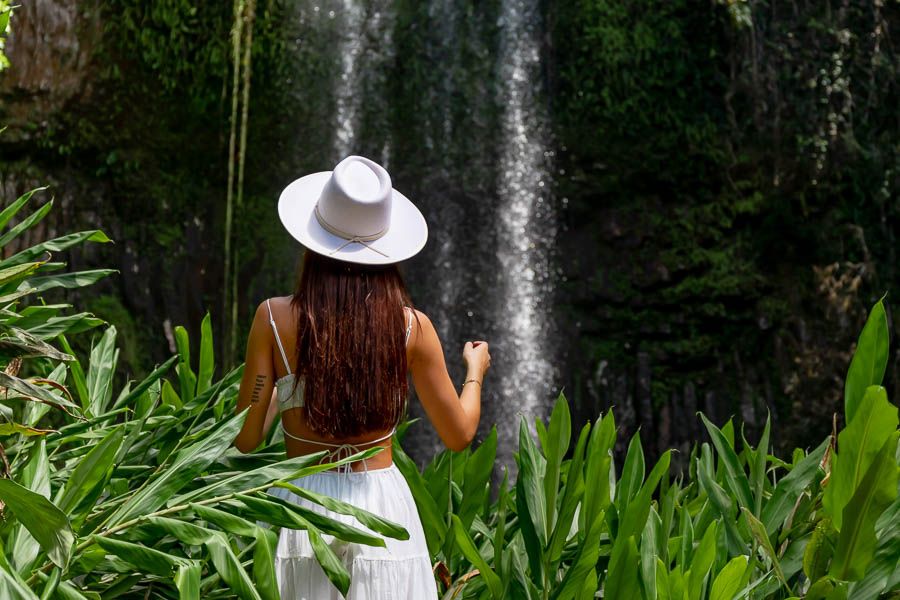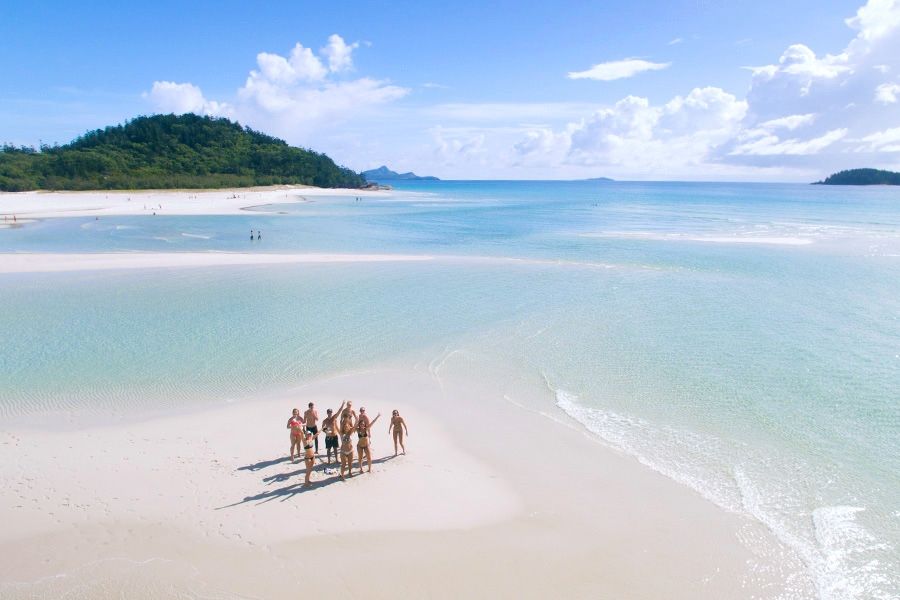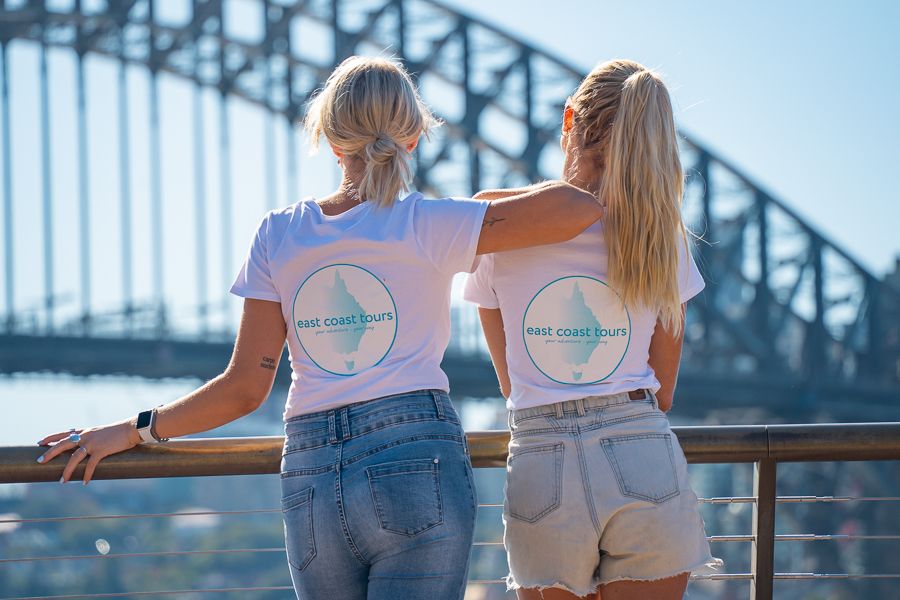10 Things I Wish I Knew Before Moving To Australia As An Irish Backpacker

October 11th, 2024
10 minute read

It’s no secret that Irish backpackers have a fondness for Australia. We move Down Under in our thousands each year to soak up some sun, to experience a new way of living, and to embark on new adventures.
Flying across the world to give Australian life a crack is on so many people’s bucket lists. But there’s a lot to consider before making the big move.
Before I moved to Australia last year with my working holiday visa, I did all the research I could. However, there are some things I wish I knew before I embarked on my Aussie adventure.
You don’t have to live in Sydney or Melbourne
Australia is a massive country, and there’s a lot more to it than just Sydney and Melbourne. Both cities are brilliant in their own ways, but Irish backpackers who touch down in either place and settle down right away don’t know what they’re missing!
When I first decided to make the big move Down Under, Sydney seemed like the obvious choice. It’s a popular city with beautiful beaches and plenty of sunshine - what’s not to love? Plus, so many Irish people have already settled down in Sydney, so you’re almost guaranteed to bump into someone you know. But I soon learned that, if I wanted an authentic Australian experience, I would need to pack up and get moving.
Major cities like Sydney and Melbourne are great spots to get your bearings when you first arrive in Australia. But, in my opinion, sticking around for too long is a total waste of what the Working Holiday Visa has to offer. I grew tired of Sydney after a few months, and worried that moving from Ireland to Australia might have been a mistake. It wasn’t until I packed up and moved to Airlie Beach in Queensland that I found what I had been missing. Now I couldn’t be happier!
If you're landing in Sydney or Melbourne, check out these awesome Arrival Packages deals that combine accommodation, transport and guided tours to make settling in Aus super easy!

Travel around Australia before you decide where to live
How are you supposed to decide where you should move if you don’t know where you’ll like? You need to do some exploring! When Irish backpackers move to Australia, one of the most popular first steps is to get some travelling done. Whether it’s a local tour of the city you’ve just touched down in, a road trip, or a full-blown East Coast excursion, taking some time to explore the area you’ve just moved to is a must-do!
One of my biggest regrets about my move to Australia is that I skipped out on this essential step and focused on getting a house and a job right away - tying me to Sydney. It meant that the only time I had to explore other parts of Australia was on weekends or public holidays. I got to see a lot of New South Wales, but going any further just wasn’t an option.
If I could go back in time, I would have spent my first few weeks in Australia travelling around the country with my mates to see what it has to offer and what we liked best. If you’re planning on making the big move, don’t miss out on this essential part of the Aussie adventure. Where you end up might surprise you!
Check out our top East Coast itineraries
Don’t miss out on regional work
If you’re moving from Ireland to Australia on a working holiday visa and you want to stay for more than 12 months, you’re going to have to complete at least 88 days of regional work.
It’s not always the most glamorous job - it can range from milking cows to working in the mines - and many Irish expats dread having to get it done.
I’ve seen lots of fellow Irish backpackers try to secure a job that will sponsor them, which would allow them to skip the regional work requirement. But those who suck it up and get the work done often report having the time of their lives, returning with friends for life, priceless travel stories, and a fresh perspective.

Securing sponsorship from an Aussie company might be something to look into if you hope to live in Australia long-term. But for your first year, at least, regional work is a key part of this experience, and a shame to miss out on.
Plan ahead for your regional work
Another one of my biggest mistakes when I moved to Australia (there were a few) was waiting until the last minute to complete my regional work. If you need to get three months of regional work finished for your second-year visa, don’t wait until the last three months of your first year. Too often, I have seen Irish backpackers move home early with broken hearts because they waited until the last minute to organise their regional work and ran out of time. Give yourself plenty of time to study Australia’s Home Affairs website, and make sure you understand which jobs and areas in Australia qualify.
In my case, I decided that I wanted to complete my regional work in either the tourism or hospitality industry. I booked my flights and printed out countless resumes - only to touch down in Airlie Beach during one of their quietest seasons. School holidays had finished and it was coming into the wet season, so no one was hiring.

To avoid making the same mistake and possibly having to wait weeks before securing a job, do as much research as possible about your chosen destination and industry ahead of time.
Take skin protection seriously
Stereotypically, the Irish are known for their pale complexions. If you see them walking around with bright red sunburnt arms in Ireland, just imagine how they’ll react to the Australian sun!
At home, you might get away with not wearing SPF every single day, thanks to low UV levels and plenty of cloudy cold weather. But once you move Down Under, you had better take a bottle of suncream with you everywhere.
Australia boasts some of the highest levels of UV radiation in the world. Even on its cooler days, going out without strong SPF on your skin can leave you with a painful burn. I have been lucky enough to avoid sunburn for the most part, but when I booked my first check-up at an Aussie skin cancer clinic, my doctor discovered a melanoma that needed to be removed.

After safely removing the melanoma, my skin doctor informed me that a majority of Irish people either have skin types I or II, per the Fitzpatrick Skin Types (FST) scale - meaning they are the most sensitive to UV exposure and burns, and the least likely to tan. Thanks, genetics!
In all seriousness, that means that visiting your local skin cancer clinic on the regular is non-negotiable. So, make regular appointments to get your skin checked, consider sitting in the shade on sunny days, and wear strong SPF to make sure you’re staying safe in the Australian sun!
Take water safety seriously
Just as Australian UV levels are different to Irish UV levels, Australian waters are not like Irish waters. If you learned about water safety in Ireland, you might have been taught how to tread water, how to understand your swimming capabilities, and possibly how to avoid hypothermia if you’re partial to a winter swim. In Australian waters, there is a little more to brush up on.
Australia boasts some of the most beautiful beaches in the world, and everyone is encouraged to enjoy them. But understanding water safety and beach rules is a must. For a safe trip to the beach, swim designated lifeguard areas between the red and yellow flags, keep an eye out for jellyfish warnings, learn how to identify a rip, and avoid swimming alone.

Australian wildlife isn’t as scary as you think - just don’t be stupid!
One of the most popular beliefs that deter people from visiting Australia is chock-a-block with deadly animals. The fact is, yes there are some creatures that might attack if provoked (and there are certainly more creepy crawlies and reptiles than you might have encountered back in Ireland), but generally, Australia is a safe place to live. More often than not, Australian wildlife is more scared of you than you are of it, and is very unlikely to poke its head if you’re living in a heavily populated area.
Yes, you might have to catch a cockroach every now and then, or keep out of the water if there’s a shark sighting on a patrolled beach. But for the most part, following a few simple rules can ensure that you avoid all sorts of unfamiliar creatures. Since I arrived, I’ve felt completely safe by simply keeping my house windows and doors closed, keeping a supply of bug spray handy, and reading any warning signs near oceans and lakes.

Brush up on the rules of the road
If you’re planning to drive while you’re in Australia, make sure you learn the rules of the road - they’re a little different here! You assume you’re in the clear because Aussies also drive on the left, but lots of backpackers and tourists get slapped with hefty fines or penalty points for failing to understand a few unfamiliar rules. Don’t be like me and get caught with a fine because you didn’t understand more intricate parking rules.

And be extra careful if you need to use your phone. Using a smartphone can get you in serious trouble - even if you’re not texting and driving. In some states, touching your phone screen to change a song, check directions, or answer a phone call can be enough to get you in trouble.
In Queensland, using your mobile phone illegally while driving can land you with a fine up to $1,161 and four demerit points. Meanwhile, in New South Wales you could wind up with a fine of up to $514 or five demerit points. You’ve been warned!
Facebook is your friend
If any part of moving to Australia has you scratching your head, you’re not alone. Thousands of backpackers and immigrants move to Australia each year, and they all have the same questions and concerns. Anything you’ve ever wondered about life in Australia has been wondered by somebody else before, and the answers are out there. Primarily on Facebook.
Facebook isn’t exactly ‘cool’ these days compared to other social apps but, if you’re moving to Australia, it’s about to become your best friend. There, you’ll find countless groups for backpackers, working holiday visa holders, regional work hopefuls, and migrants who have asked just about every question you could possibly have. I can’t tell you how many times a quick scroll through Facebook backpacker groups has put my mind at ease - or answered the questions I hadn’t thought to ask.
If, for some reason, you can’t find the answer to your question, group members are often eager to share their personal experiences and advice. Not only are these groups the ultimate guides to finding your feet in Australia, but they can also carry golden opportunities for backpackers, from job listings to room advertisements.

Make the most of it
Whether it’s what you expect it to be or not, moving from Ireland to Australia is a once-in-a-lifetime opportunity that many only dream of.
Make the most of your time Down Under, and give it your all. Try out different locations, get involved in the culture, branch out and meet new people and, most importantly, have fun!

